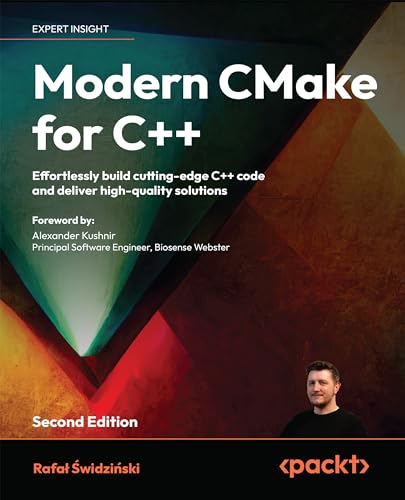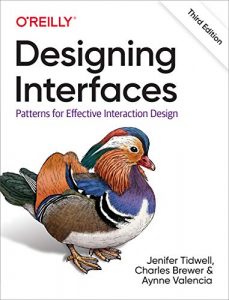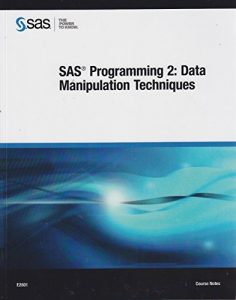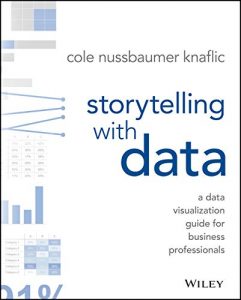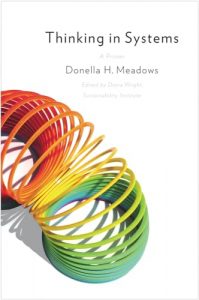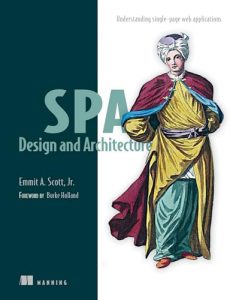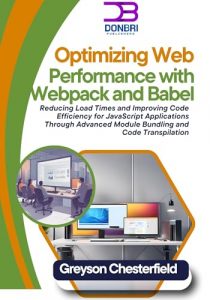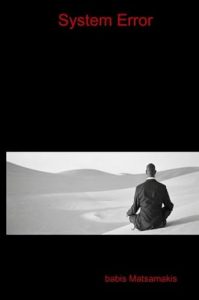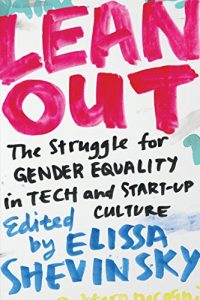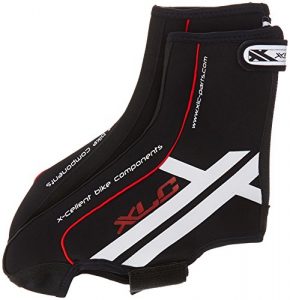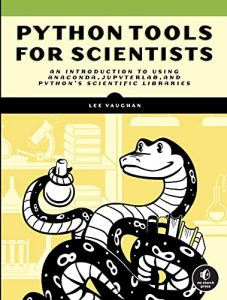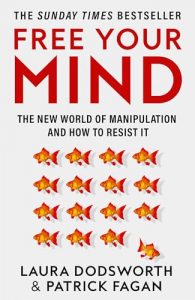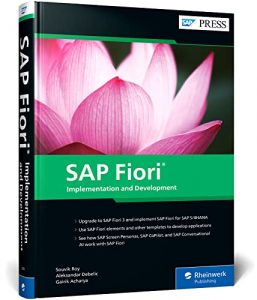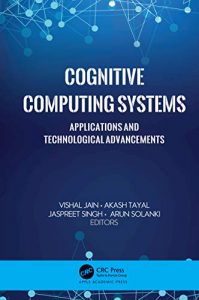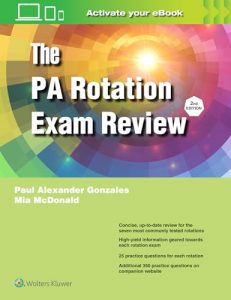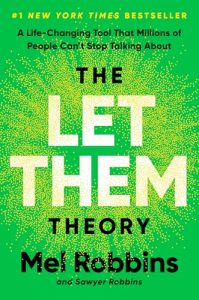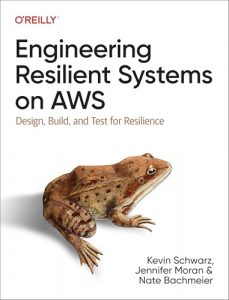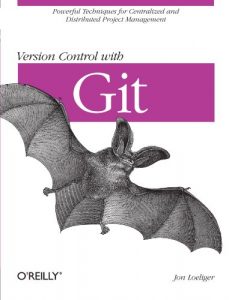Discover the Top Books on CMake for C++ Development
CMake is a vital tool for developers looking to streamline their C++ projects. Here’s a curated list of must-read books that will enhance your understanding of modern CMake practices and elevate your programming skills.
1. Modern CMake for C++: Effortlessly Build Cutting-Edge C++ Code and Deliver High-Quality Solutions
Authors: Rafał Świdzinski
Your journey towards mastering CMake starts with this insightful book. Rafał Świdzinski shares the latest techniques needed to manage and build complex C++ projects effortlessly. Covering everything from beginner to advanced strategies, this book emphasizes practical, literal examples of how CMake can facilitate high-quality software delivery.
This book is not just another tutorial; it’s a comprehensive guide that enables developers to implement modern CMake practices effectively. If you’re serious about upgrading your coding solutions, this is your go-to resource.

2. CMake Best Practices: Upgrade Your C++ Builds with CMake for Maximum Efficiency and Scalability
Authors: Dominik Berner, Mustafa Kemal Gilor
As CMake evolves, so do the best practices for utilizing it effectively. This book provides insights into creating efficient, scalable builds by adhering to CMake best practices. Perfect for developers looking to level up their project management skills, it combines theory with hands-on approaches.
Explore the proven strategies that seasoned developers use to optimize their build processes and keep their projects maintainable. This guide is invaluable for both novices and experienced developers wanting to refine their craft.

3. Modern CMake for C++: Discover a Better Approach to Building, Testing, and Packaging Your Software
Authors: Rafał Świdzinski
This book presents a forward-thinking approach to using CMake for building and packaging software. Rafał Świdzinski dives deep into versatile techniques that simplify the build process, ensuring robust testing and packaging phases. It’s ideal for developers who want to harness CMake’s full potential.
With user-friendly guidance, this book equips readers with the knowledge to improve their code quality while significantly reducing build times. It’s a fantastic resource for those keen on productive software development.

4. Mastering CMake
Authors: Ken Martin, Bill Hoffman
Ken Martin and Bill Hoffman provide a thorough exploration of CMake with a focus on cross-platform build systems. This book is designed for those who are serious about mastering CMake and require an in-depth understanding of its capabilities and functionality.
With relevant examples and insights from the pioneers of CMake, this book promises to empower developers to unlock the full potential of their projects. It’s the right choice for developers looking to dominate their build processes.

5. CMake Cookbook: Building, Testing, and Packaging Modular Software with Modern CMake
Authors: Radovan Bast, Roberto Di Remigio
This cookbook-style book provides modular recipes for building and testing C++ applications using CMake. It tackles common problems developers face while offering practical solutions with step-by-step guides. It’s like having a CMake expert alongside you throughout your coding journey.
If you’re looking for a practical approach to learning CMake and applying it to real-world situations, this book is invaluable. It’s a handy reference that guarantees thorough learning and retention of key concepts.

6. Minimal CMake: Learn the Best Bits of CMake to Create and Share Your Own Libraries and Applications
Authors: Tom Hulton-Harrop
Tom Hulton-Harrop takes a decisive step by simplifying CMake into manageable concepts through ‘Minimal CMake.’ This book is ideal for newcomers who wish to build their own libraries and applications without getting lost in complexity.
It’s practical yet concise, ensuring that readers grasp the essentials of CMake before diving deeper into more advanced topics. For those starting their development journey, this book serves as a perfect launching pad.

7. CMake Best Practices: Discover Proven Techniques for Creating and Maintaining Programming Projects with CMake
Authors: Dominik Berner, Mustafa Kemal Gilor
Once again, Dominik Berner and Mustafa Kemal Gilor shed light on the best methodologies for utilizing CMake in project development. Their guidance helps maintain high standards through practical techniques that have been tested and proven in various projects.
Whether you are just starting or you’re an experienced developer, this book provides valuable insights into effective project management with CMake, making it a worthy addition to any developer’s library.

8. Introduction to CMake (Software Tool Series Book 1)
Authors: Chris Weed
This introductory book is perfect for those new to CMake or programming in general. Chris Weed guides beginners through the fundamentals of CMake, illustrating its importance and utility through clear explanations and examples.
If you’re taking your first steps into the world of software development or C++, this book will provide you the necessary groundwork to build upon. It’s user-friendly and engaging, making the learning process enjoyable.

9. Mastering CMake: A Cross-Platform Build System
Authors: Ken Martin, Bill Hoffman
This earlier edition of Mastering CMake offers solid foundational knowledge for understanding cross-platform build systems. It covers the basics while also delving into complex builds, making it suitable for a wide range of developers.
Here, you’ll find an excellent mix of theory and application, encouraging developers to think critically about their build process and solutions. It’s a must-read for those wishing to expand their skill set.

10. Mastering CMake 2.2 Edition
Authors: Ken Martin, Bill Hoffman
Despite being an older edition, Mastering CMake 2.2 Edition still holds valuable insights and foundational knowledge about CMake that have stood the test of time. This book remains relevant as many principles and methodologies discussed are still applicable today.
For seasoned CMake users, this book can serve as a refreshing review while providing historical context on how the tool has developed. It’s an interesting read reinforcing long-lasting CMake practices.

In conclusion, whether you’re a seasoned developer or just beginning your programming journey, these books will equip you with the essential tools and knowledge needed to excel in using CMake effectively. Embrace the power of CMake and build your projects with confidence!

